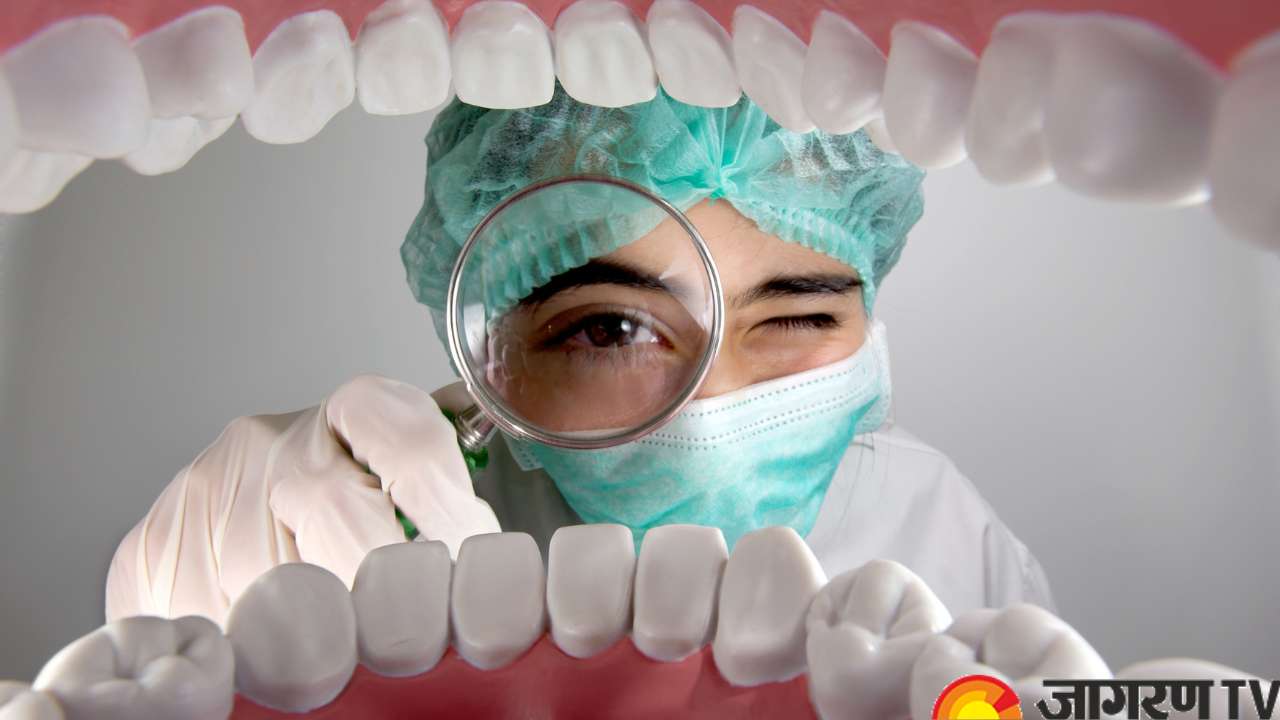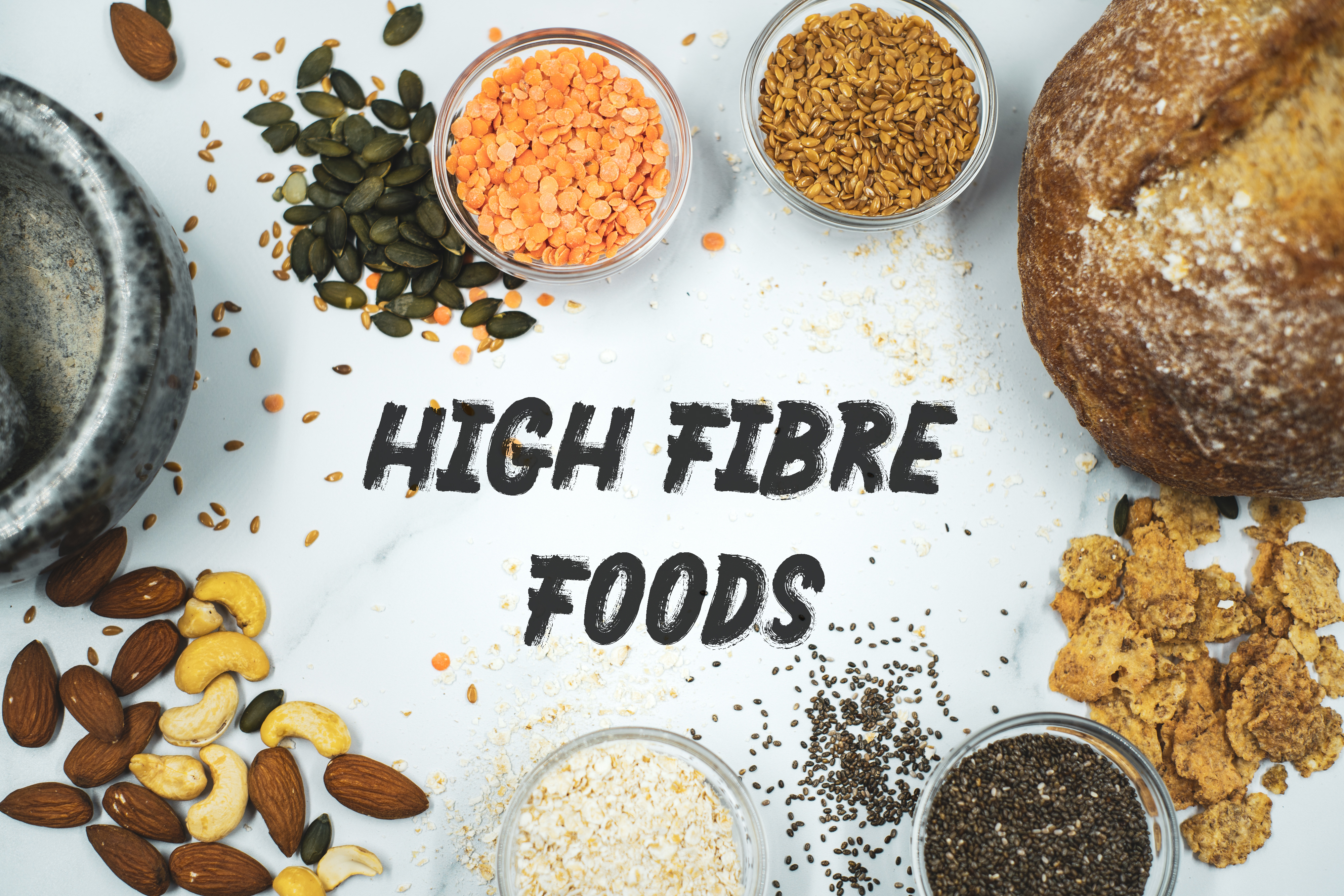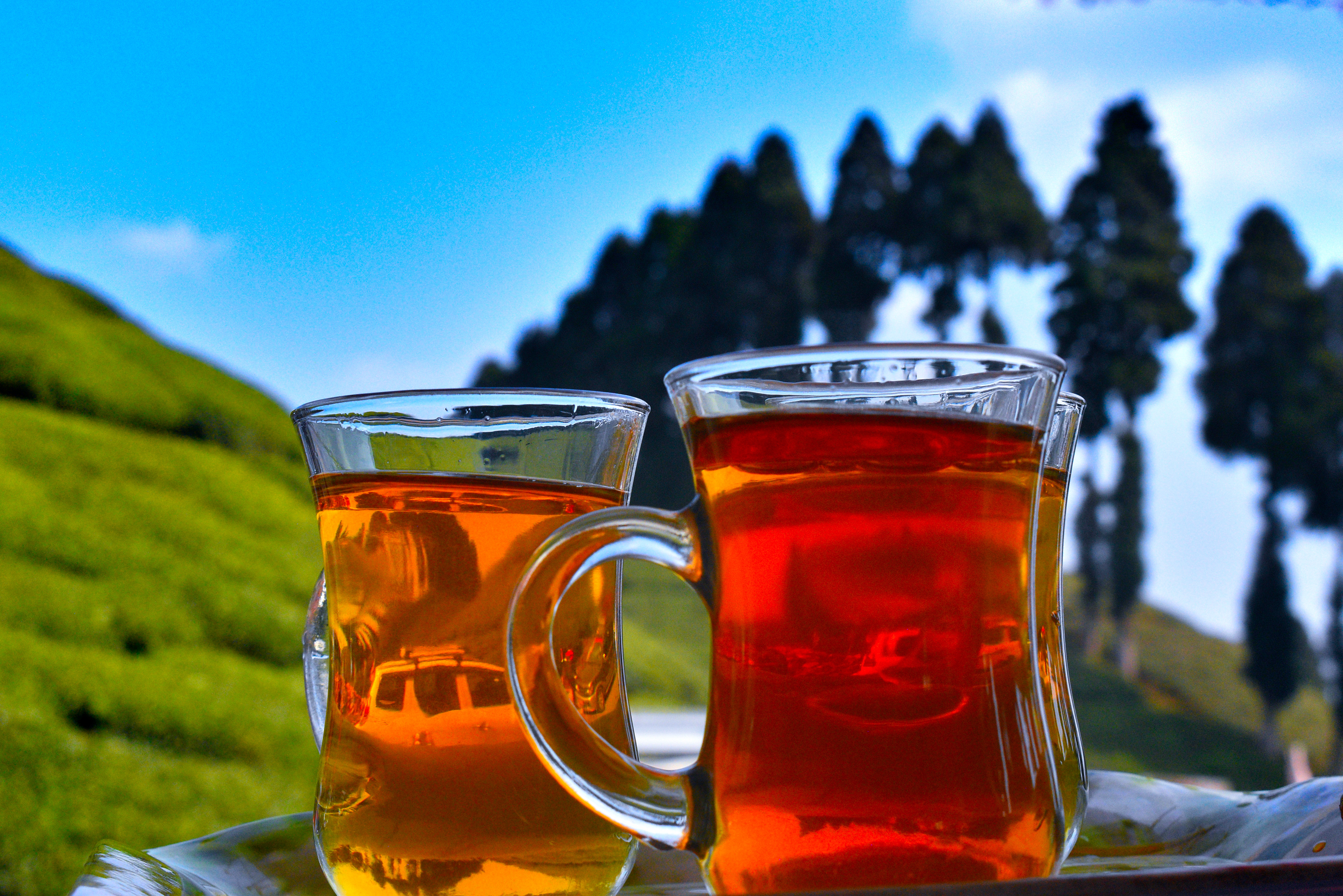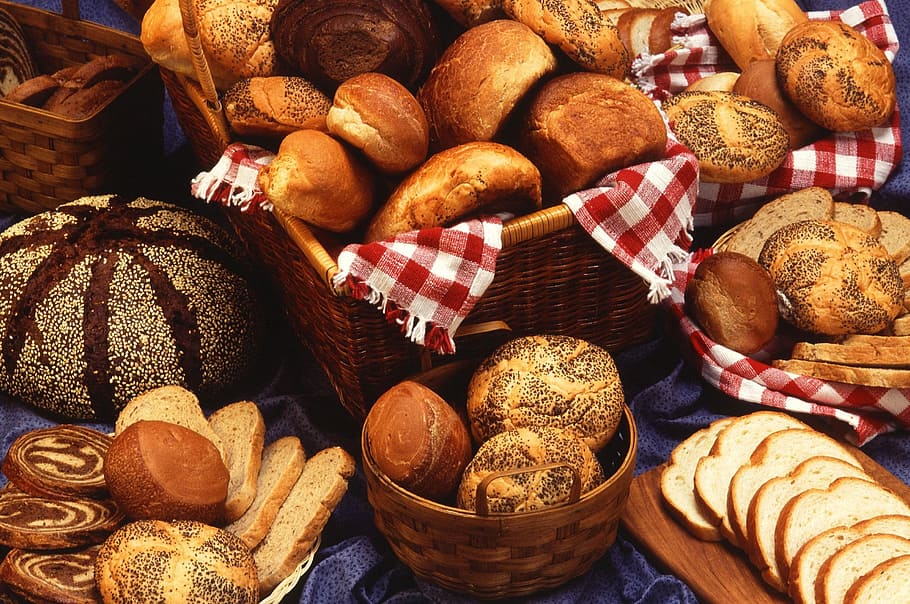World Oral Health Day: Best and worst food items for your oral hygiene

Food and nutrition have a symbiotic relationship with dental health because a person’s ability to eat can also be negatively impacted by reduced oral cavity integrity. Some meals may contribute to the growth of the bacteria that cause plaque or tooth discoloration. Eating a variety of nutrient-dense foods from fruits, vegetables, protein foods, calcium-rich foods, and whole grains, as well as drinking enough water is essential for maintaining good oral health.
Here is the list of some of the best to worst foods for your oral health.
Best Foods for your teeth and gums
Cheese is a saliva-inducing food, and the calcium and phosphate found in milk, cheese, and other dairy products help restore minerals to your teeth that may have been lost as a result of other foods. Foods like low-fat or fat-free milk, yogurt, and cheese, as well as fortified soy beverages, tofu, canned salmon, almonds, and dark green leafy vegetables are suitable for a healthy oral cavity. Moreover, they support the restoration of dental enamel.

When your salivary glands aren’t producing enough, you have a dry mouth, which makes swallowing and chewing challenging and increases your chance of developing dental decay. By consuming enough water and ensuring that your saliva is being produced at an ideal rate, you may prevent dry mouth. Hence, maintaining hydration aids in the distribution of healthy nutrients, the elimination of waste, the creation of a healthy glow on the skin, and the maintenance of healthy teeth, especially those that are fluoridated.
According to the American Dental Association, fiber-rich foods help keep your teeth and gums clean. Moreover, they cause salivation. After eating something sweet or carbohydrate-containing, your saliva begins to decrease the impact of the acids and enzymes attacking your teeth about 20 minutes later. Saliva contains traces of calcium and phosphate. As a result, it restores minerals to tooth surfaces that have been depleted by bacterial acids.

Both green and black teas include polyphenols, which interact with plaque microorganisms. These chemicals either eliminate or restrain bacterial growth. This stops bacteria from multiplying or producing acid that damages teeth. A cup of tea may include fluoride as well, depending on the kind of water you use to prepare it.

Foods you should avoid eating for oral hygiene
Hard candies like lollipops, mints, and other confections expose teeth to sugar over time. The majority of us enjoy chewing on hard candies as well, which can result in tooth chips or even splits that provide a surface for bacteria to accumulate. Candy contains a lot of sugar, which when combined with oral bacteria produces acids that can cause tooth decay. Candy that is sticky or chewy can also be an issue since it will become stuck in the gaps and crevices between your teeth.

Potato chips, bread, and crackers are high in starch and are terrible for your teeth. These products frequently become caught between your teeth, allowing food particles to remain and providing plaque-causing bacteria with something to latch onto. Chips, bread, and other starch-based goods can have as much sugar as candy at times. When you eat carbohydrates, they break down into simple sugars, and these sugars linger in your mouth after the starchy snack has been broken down. The bacteria then feed off the sugars and chew away at your teeth, much like they do with sugary drinks.

A lot of individuals either forget or don’t even know that a dried-out mouth is a side effect of drinking alcohol. When your mouth is dry, you don’t produce enough saliva to keep your teeth in good condition. Saliva aids in maintaining a moist mouth, which reduces food accumulation and flushes out residual food particles. Saliva also protects against oral infections, gum disease, and tooth decay.

Widely popular soda/carbonated drinks might have a negative impact on your teeth’s overall health. The beverage’s sugar causes tooth enamel to disintegrate while it rests on your teeth. The likelihood that this erosion may result in tooth decay and cavities increases with soda consumption. In addition to the carbohydrates, soda also includes acidic byproducts that can erode dental enamel and make it more susceptible to plaque accumulation and erosion.










